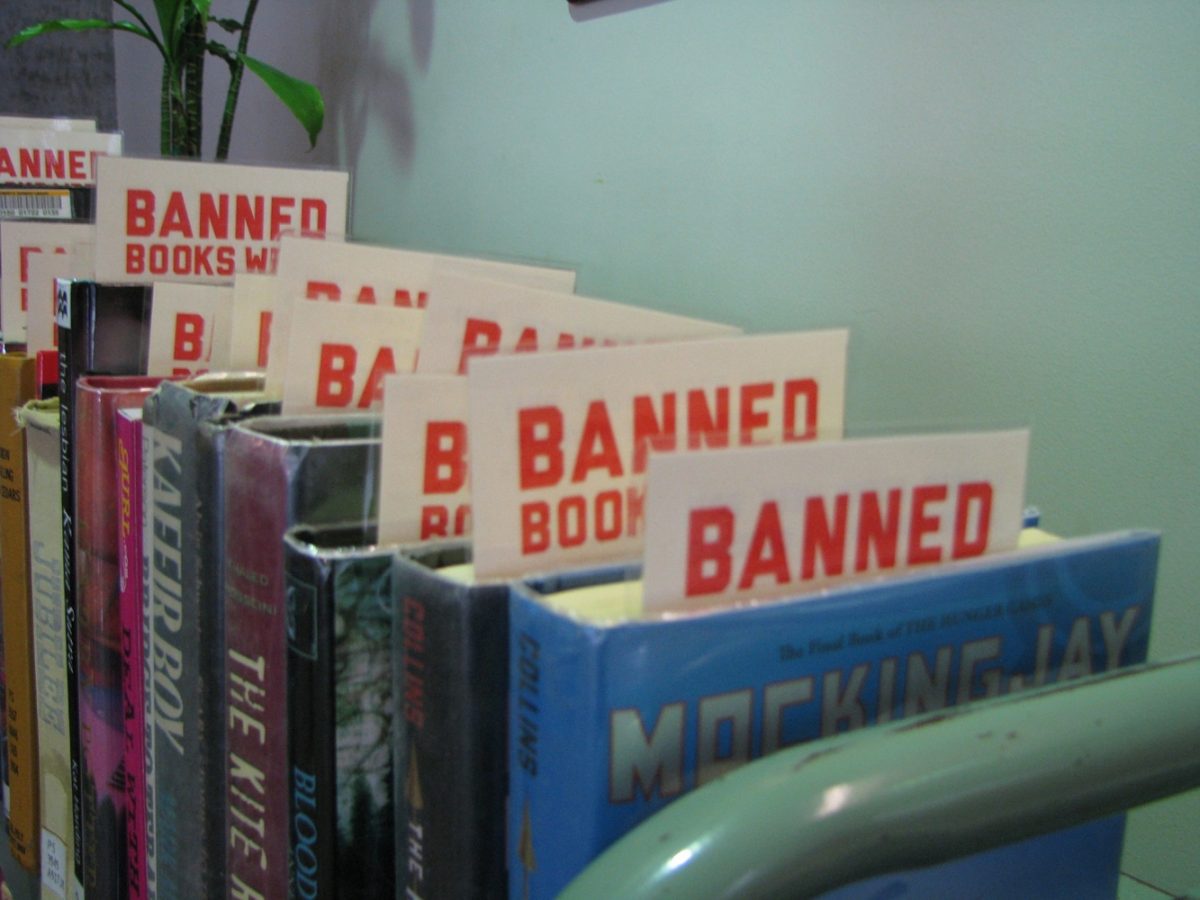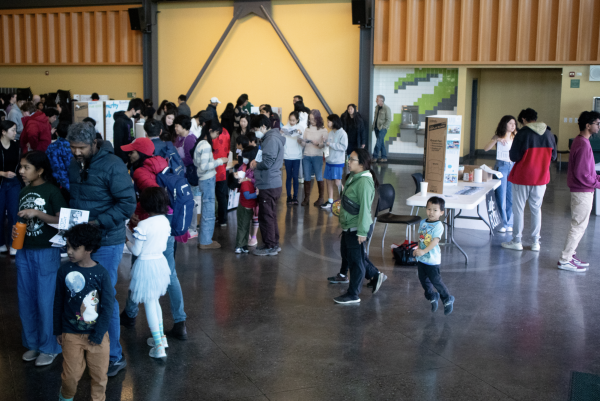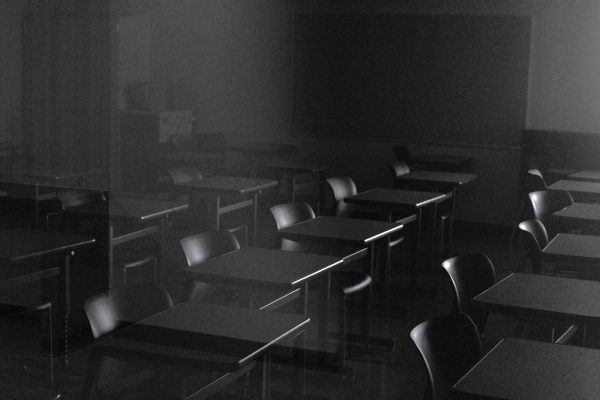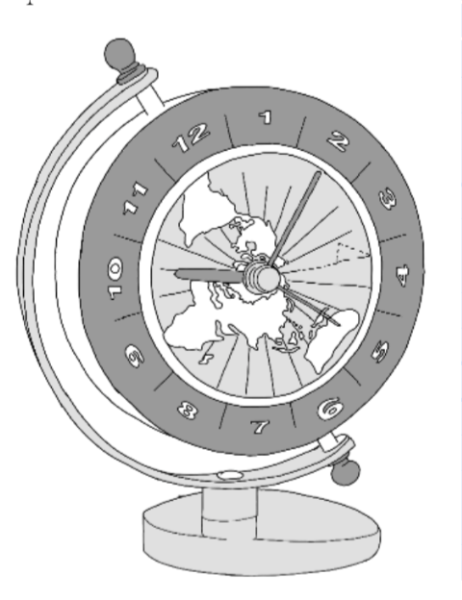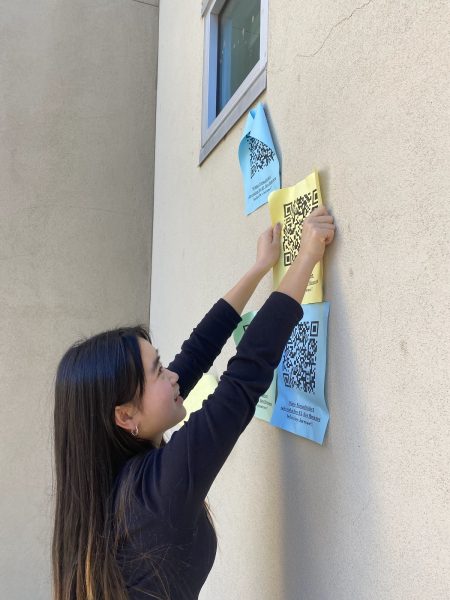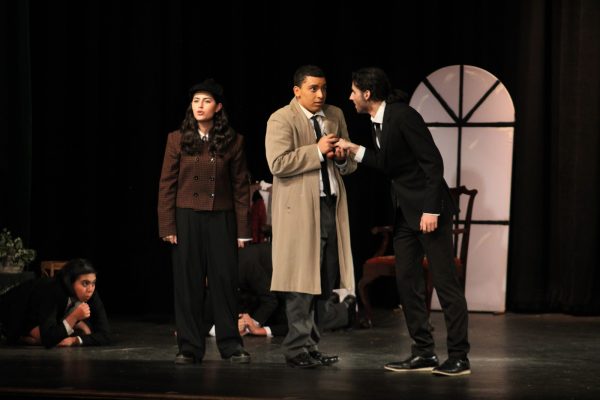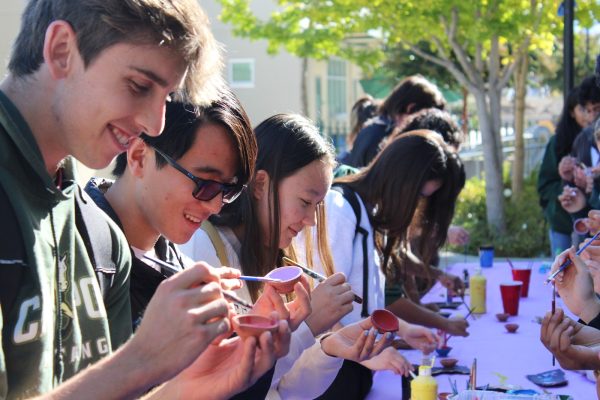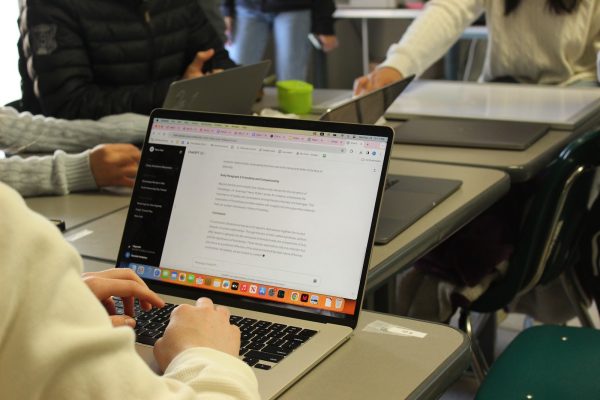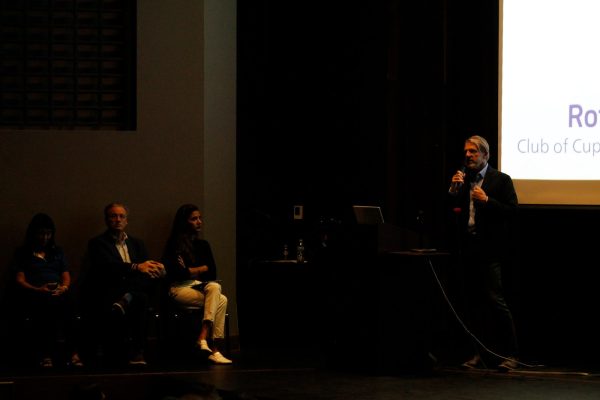Banned Book Week on Campus
The week of Sept. 24 is a celebration of books that have been banned to support the freedom to openly express ideas
The week of Sep. 24 is National Banned Book week according to the American Library Association. The objective of the week is to celebrate the reading of books which have been challenged both in the past, and in modern times. Most libraries celebrate this week by putting up large public displays. However, the HHS library celebrates differently.
“I found that when we do the traditional banned book week, it did not have the intended impact as if people would say ‘Oh I like that book but now I feel offended, or challenged by it,’” librarian Amity Bateman said.
Bateman has chosen not to celebrate the week as it might feel controversial to some students, she said. Instead, Bateman prefers to display lots of different viewpoints such as the LGBT community, Black Lives Matter and conservatism in the featured section of the library year round.
“We feature what could be considered controversial books throughout the year. In October for example, we like to feature books with LGBT characters that have been challenged,” Bateman said.
Across the Atlantic, however, Germany celebrates the week much differently. A large parthenon made of previously challenged in history is constructed atop the site where the Nazis burned thousands of books. At the end of the week, the structure is removed and the books are distributed to the neighborhood libraries and to the people.
Challenged books however, have been incorporated in our English curriculum. 10th grade world literature reading “The Kite Runner” was challenged by Buncombe County School District, Troy School District and Waukesha School District for its crude and obscene content.
Regardless of its content, the world literature team believes it’s an essential to the curriculum.
“The Kite Runner talks about a place in the world where it is in turmoil and very different from our place” world literature head Steve Lavelle said.
“Most books that are controversial are also great books such as ‘Huckleberry Finn,’ ‘To Kill a Mockingbird’ and ‘The Kite Runner.’ They bring up such important issues and lessons that are good learning points for us by reading them,” Lavelle said.
World literature teacher Megan Rupe also mentioned how the book exposed students to problems, issues and culture, many might not be familiar with, a goal of world literature.
“The reason people have this temptation to ban a book is because it’s offensive or uncomfortable but life is offensive and crude. So to gloss over those issues is doing our students a disservice,”Rupe said.
“Sure, when you’re in high school, a lot of people are sheltered from those things but it’s a reality that students should be aware of and need to learn how to deal with before they encounter those types of things in the real world,” Rupe said.



